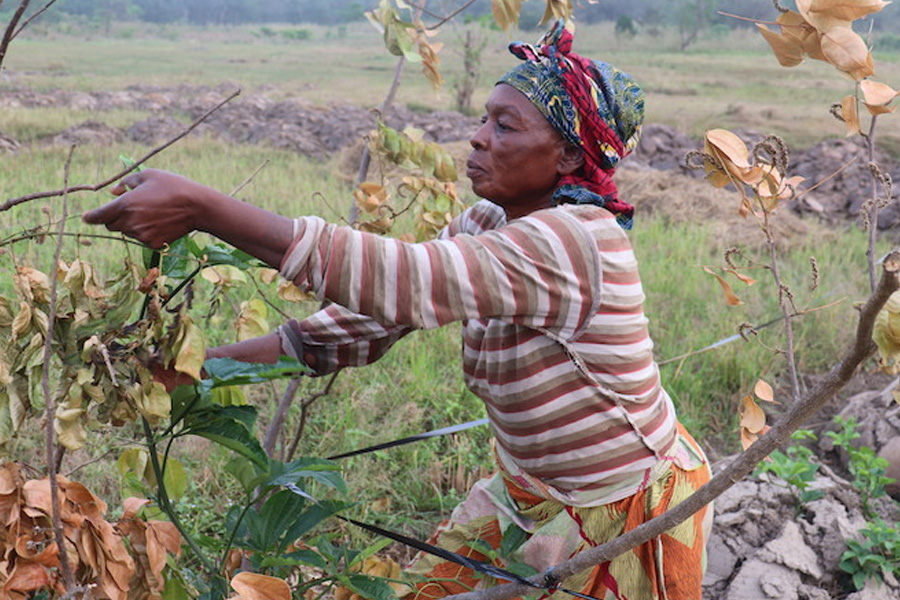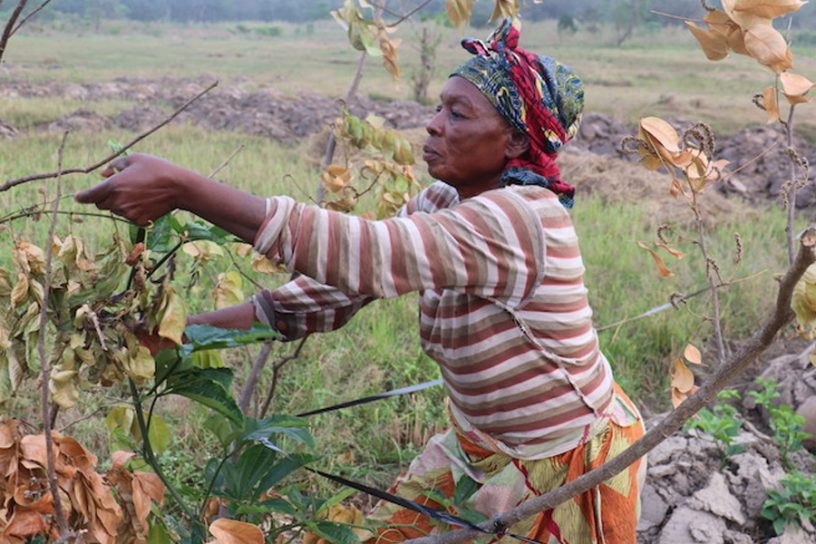
Farmers’ access to free inputs, non-farm income and the use of seeds from the previous growing season are important determinants of crop choice, show the results of the study.
Authors
Chisom Lotanna Ubabukoh, Assistant Professor, Jindal Global Law School, O.P. Jindal Global University, Sonipat, Haryana, India.
Katsushi S. Imai, Department of Economics, University of Manchester, Manchester, UK.
Summary
We test the ‘efficient-but-poor’ hypothesis by estimating the determinants of smallholders’ choice over cash or food crops and whether their crop choice affects technical efficiency and poverty using the national household panel data in Nigeria. We employ the stochastic frontier analyses correcting for sample selection about farmers’ crop choice.
Our results indicate that smallholders are generally efficient in their resource allocations. A treatment effects model is employed to estimate farmers’ crop choice in the first stage and the impact of their choices on technical efficiency and poverty outcomes in the second stage.
The results show that farmers’ access to free inputs, non-farm income and the use of seeds from the previous growing season are important determinants of crop choice.
The adoption of cash crops by food-crop producing households will not generally reduce poverty, although it will improve technical efficiency marginally. However, if cash crops are commercialised, poverty tends to decline.
Published in: Journal of Agricultural Economics.
To read the full article, please click here.


